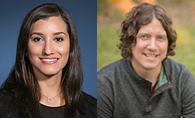April 2023 Faculty Care Group Seminar Series
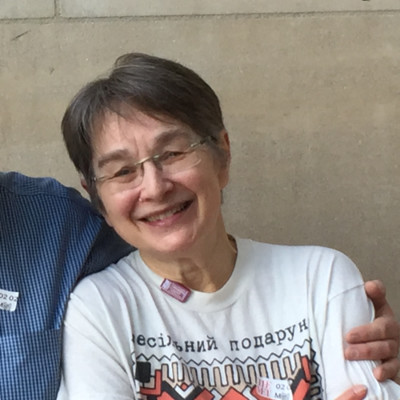
Healing Conversations: How I Found Community While Walking My Dog
Lucia Knoles, professor at Assumption University
“Helping to recover meaning and to avoid burnout among vulnerable physicians involves respect for physicians’ stories, which in turn requires that physicians tell their stories. But to whom should physicians tell their stories?” -- Thomas R Cole and Nathan Carlin, “The Suffering of Physicians”
If you’ve ever felt lonely, you’re not alone. Surgeon General Vivek Murthy has declared loneliness a national epidemic, and he sees physicians as a high-risk group for this malady: Many of us went through medical school and residency training as part of a group. The group were our classmates or the residents that we trained with in the hospital. But shortly after training, everyone scatters to the wind, and they end up feeling like they're working alone. And so, I found that many of my colleagues were struggling with this sense of being isolated. And they didn't necessarily say that they were struggling with loneliness, but the words that they used, the phrases that they uttered so often, phrases like “I feel like I'm dealing with all of these problems on my own,” “I feel like I'm interchangeable and that nobody recognizes me for who I am,” “I feel like we're invisible in the system,” these all conveyed to me again and again and again that these doctors felt that it was just them working alone trying to take care of patients.
While not facing the same life-and-death responsibilities, university professors experience feelings of isolation too. But when Assumption University, Professor Lucia Knoles felt lonely, she was surprised to realize that she was more likely to feel support from the brief exchanges she had with people she encountered while walking her dog than from conversations with the colleagues she’d worked with for thirty-five years or more.
How many times each day do we miss an opportunity to forge a personal connection by replying to a colleague’s query with a conversation-closing “Fine. You?” If we want to build healthy lives and communities, we need to begin by learning how to have healing conversations. In this session Professor Knoles will draw upon what she learned talking with dog owners to offer specific techniques for having more enjoyable, meaningful, and sustaining conversations with colleagues--and patient and strangers and friends.
Preview the seminar flyer on Healing Conversations by clicking on this link.
April 2023 Neurohumanities Seminar Series
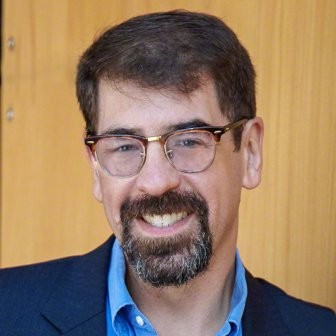
Ebola epidemic in Liberia
Steven Hatch, MD, MSc, is an associate professor of medicine here at the UMass Chan Medical School, Division of Infectious Diseases and Immunology, and the Former Director of the Infectious Disease Fellowship Program.
Steven came to medicine as a second career after teaching English following graduation from college. He received his MD from the University of Cincinnati in 2002, completed internal medicine training at Tufts Medical Center in 2005, and completed infectious diseases training in 2008 at the University of Massachusetts. In 2013-2014, Dr. Hatch lived and worked in Liberia as one of the few Western doctors fighting the Ebola epidemic.
His work in Liberia was featured in The New York Times, CBS News, CNN with Anderson Cooper, and elsewhere. He is an accomplished author of several books including Blindman’s Marathon, Inferno and Snowball in a Blizzard: A Physician’s Notes on Uncertainty in Medicine. Steven’s career has focused on both teaching and working in resource-limited settings, and he has worked in healthcare facilities in Cambodia, Haiti, Colombia, Venezuela, Brazil, and Mozambique, and the Federated States of Micronesia.
As mentioned, he is currently working on HIV policy in Vietnam.
Why is being a doctor different than any other profession? We take the Hippocratic Oath and view our work as a vocation, a mission, and our calling. Few other civilian professions require the same degree of personal investment of time and self, or level of dedication and commitment to our work, not to mention the arduous and prolonged training and years it takes to become a doctor. Even as we practice our profession, day-to-day, we are called upon to give our best knowledge, analysis, skills and empathy towards each person we treat and each case we are given or task at hand, we encounter many physical, psychological, emotional and even ethical challenges and often have to deal with the socio-economic and political realities that shape our practice. Now that we have experienced the COVID pandemic, we may have better insight into how devastating a disease can be on a society or country. Before COVID there was an Ebola epidemic in Liberia. A few courageous, selfless and highly skilled doctors braved the dangers and confronted the immense challenges of dealing with that crisis including our esteemed speaker, Steven Hatch. He is currently working on HIV policy in Vietnam, in a position funded by Harvard Medical School and Beth Israel Deaconess.
April 2023 Neurology Seminar Series
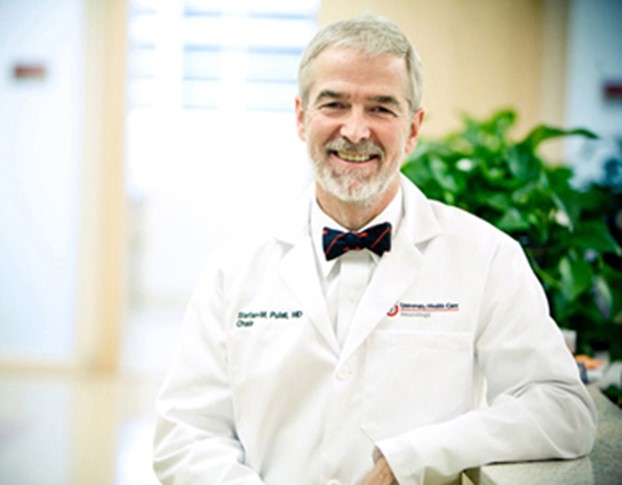
The ATXN2 RNA/protein complex: a role in more than just cerebellar degeneration, April 28, 2023
Chair, Stephen Pulst, MD, professor of neurology at the University of Utah, Salt Lake City, Utah
For more information, click here to review the seminar flyer
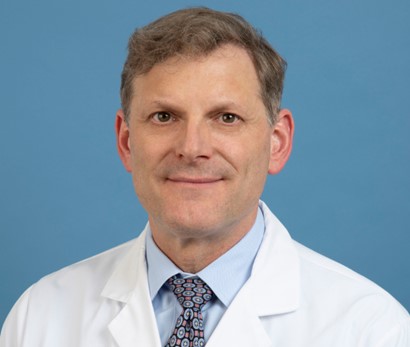
Brain Repair After Stroke, April 27, 2023
Steven Cramer, MD, professor, Susan and David Wilstein Chair in Rehabilitation Medicine at the University of California, Los Angeles, CA. and medical director of Research, California Rehabilitation Institute
April 2023 - Neuroscience of Disease Program
Opioid Use Disorder – A Neurobiological and Clinical Overview
For more information on the learning objectives of the seminar, click this link
